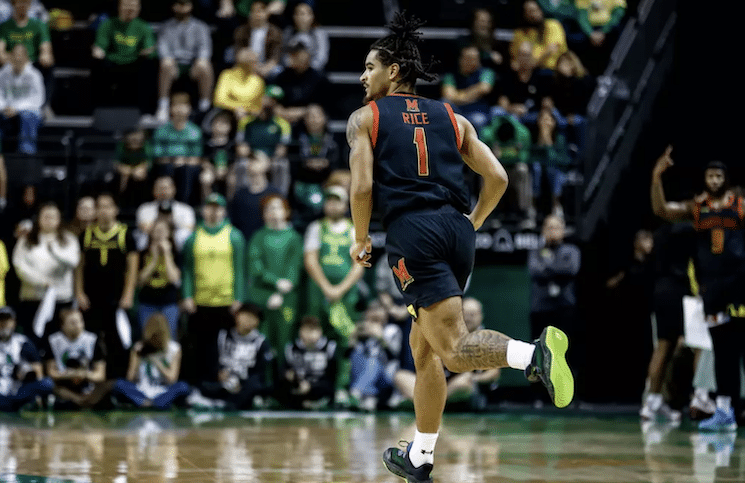HBO is enjoying the prime of it’s original content career at the moment. The season finale of Game of Thrones attracted 18.1 million viewers across multiple devices last week, Veep is a critical success and even Silicon Valley has managed to attract a new audience for the premium provider. Transitioning into its new summer line up last night, HBO set off a fireworks show of new material primarily aimed at the male audience it lost when Entourage wrapped up. This new lineup is anchored by the second installment of True Detective from show writer Nic Pizzolatto, the mastermind behind the show’s first season, which proved to be a cultural phenomenon.
Pizzolatto has attracted another accomplished cast which includes Colin Farrell, Vince Vaughn, Taylor Kitsch, and Rachel McAdams. The first episode, as heavy in character introduction as it was alcohol consumption, gives us our first glimpse at each central figure of the story. The opening scenes of True Detective Season One were specifically built around Rust Cohle, expertly played by Matthew McConaghey. This season puts the initial narrative focus on Ray Velcoro (Farrell), and used a mixture of flashbacks and cutaways to gradually bring the rest of the cast into the loop.
Intentionally or not, Detective Ray Velcoro draws immediate comparison to Rust Cohle for the audience. Velcoro, like Cohle, consumes drugs and alcohol recklessly, wears a dirty mustache like a badge of honor, and provides a new perspective on a shitty cop haircut. Formerly a Deputy Sheriff of Los Angeles, Velcoro has been exiled to the small city of Venci, CA for reasons that aren’t yet clear. An abusive father, and a flagrant abuser of his badge, we are shown early and often in the first episode that Velcoro is consumed by both rage, and shame for his actions caused by that rage.
We learn that Velcoro’s wife was assaulted and raped, raising questions about the identity of the father of his child. Vince Vaughn is introduced here via a flashback as a crime boss who voluntarily gives Velcoro the identity of the man who assaulted his wife, vaguely exchanged for a favor to be named later from the officer. Ray Velcoro finds no redemption in his personal life either, berating his son for being weak when bullied at school, and then beating the father of that bully senseless.
I am mostly not a fan of Farrell’s work, whereas I am a huge proponent of the rest of core cast of actors in this show. Farrell’s plot line through episode one, however, is far and away the most compelling. My fear for the new season and its new cast alike is the inescapable feeling of a less interesting sequel of the first season pitched to us in the first episode. It’s difficult not to feel as though each cast member of Season Two studied the performances in Season One and are simply reenacting those characters, or at least seek a general resemblance.
Vince Vaughn sheds his party guy shtick in favor of a crime boss trying to achieve the straight and narrow, with obvious obstacles in his way. Kitsch is a motorcycle cop wrapped up in a public controversy after solicitation charges and, like all cops in all popular culture, is unable to accept love from his girlfriend. McAdam’s plays a hard charging, alcoholic police officer cloaked in self righteousness amid her family of hippies and prostitutes. Each serves as a particular vehicle to help drive the story along, but Farrell (like McConaghey in Season One) will be the beacon around which the story arch is developed.
McAdams and Kitsch are easy enough to accept in their roles, but along with Vince Vaughn they lack the complete character immersion that Farrell and McConaghey achieved as competent but broken detectives. Each character comes to the table weighed down by a significant amount of baggage, and through one episode it appears the crime boss in Vaughn may have the most upside, or at least potential for redemption.
The three members of law enforcement finally found themselves intertwined around a dead body by the end of the episode. As they identified themselves and carefully tried to get a read on each other, the tension between the characters became more palpable. The group of outcast law enforcement professionals will have to work together, probably with Vaughn, on this case while working within the confines of their own moral ambiguities. With Pizzalatto, it isn’t safe to predict future plot lines, though the initial conflict seems safe enough to project, and interesting enough to retain an audience.
Pizzalatto achieved something very original and tangible in his first effort, so if Season Two becomes a watered down L.A. Noir version of the original, we may be in for a long, concept-saturated ride. For a variety of reasons California doesn’t evoke the same visceral reaction as Louisiana, and while Colin Farrell is doing his best version of a Rust Cohle, the comparison alone may be too much to overcome. True Detective will have to work to lose its audience, but it must now find separation from its predecessor and create a new story for the best cast on television.





